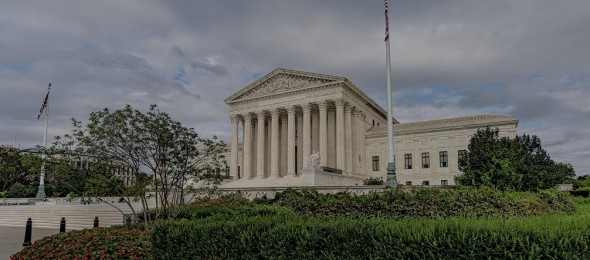Today marks the start of the United States Supreme Court’s new term. During the term, the nation’s highest court will resolve a circuit court split regarding whether Section 1 of the Federal Arbitration Act’s exemption for “any other class of workers engaged in foreign or interstate commerce,” applies to transportation workers who perform work for companies that operate outside of the transportation industry.
In Bissonnette v. LePage Bakeries Park St., LLC, No. 23-51, a group of delivery drivers filed a putative class action lawsuit against a bakery in a Connecticut federal court claiming the company violated wage and hour laws when it misclassified them as independent contractors. The district court held the bakery’s delivery drivers did not qualify as “transportation workers” subject to the FAA’s exclusion and ordered the putative class to individual arbitration based on the parties’ agreement to arbitrate. The Second Circuit Court of Appeals affirmed the lower court’s decision after determining the drivers were not performing work for a company that was engaged in the transportation industry. After that, the drivers filed a petition for certiorari with the U.S. Supreme Court.
According to the drivers’ petition, the question presented in the case is:
To be exempt from the Federal Arbitration Act, must a class of workers that is actively engaged in interstate transportation also be employed by a company in the transportation industry?
Previously, the First and Seventh Circuits found that the FAA’s exemption applied to any worker who is actively engaged in the interstate transportation of goods. Meanwhile, the Eleventh Circuit came to the same conclusion as the Second Circuit and held that a worker must be performing work for a company that is engaged in the transportation industry for the exemption to apply.
The Supreme Court of the United States granted the drivers’ petition for review on Friday.
Photo by: Adam Michael Szuscik on Unsplash














